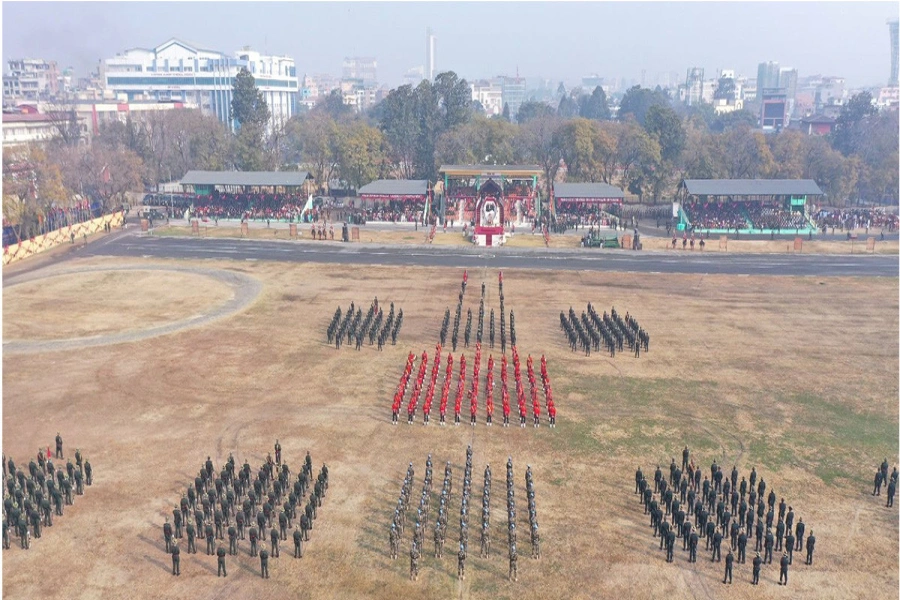KATHMANDU, April 18: While dismissing suggestions of a section of scholars that an era of globalization had come to an end, a Chinese scholar said on Wednesday that globalization has instead entered into a new phase of 're-globalization' and that China is taking a lead in it.
Speaking at a talk program on his latest book entitled "Re-globalization: When China Meets the World Again", Professor at China's Peking University, Wang Dong, said that globalization has not come to an end nor has the world entered into an era of de-globalization yet.
“I argue that globalization is not dead. Rather, globalization has entered into a new phase that can be called re-globalization,” he said during the program organized by Nepal Institute of International and Strategic Studies in Kathmandu.
Globalization is not dead but entered into new phase, says Chin...

Prof Wang, who is currently in Nepal, argued that Beijing has been contributing toward the 're-globalization' through various initiatives such as launching mega infrastructure initiatives such as the 'Belt and Road Initiative' and financial institution called Asian Infrastructure Investment Bank.
“Re-globalization is a process of remaking rules and restructuring globalization in which different actors are working to rebuild the dynamics of globalization,” he said.
While sharing the Chinese standpoint on existing international order, Prof Wang said that China does not seek to set up a separate kitchen or overthrow the existing system. “Rather it wants to reform and upgrade the existing international system,” he said, while adding that China is in favor of inclusive, consultative and balanced type of globalization.
Prof Wang argued that China's Belt and Road Initiative could greatly contribute toward promoting economic growth by developing infrastructures in various countries and regions and improve the living standards of millions of poor people from their current state of extreme poverty.
“Re-globalization helps to bring back certainty in the world at a time when the uncertainty is on the rise after the Trump administration came to power in the United States,” he argued.
In his book, Dr Wang has given a comprehensive and innovative examination of China's leading role in shaping the dynamics and trends of re-globalization by promoting the Belt and Road Initiative, Asian Infrastructure Investment Bank, and Alibaba.
Wang's new book launched in China in May last year argues that globalization would not diminish, but would rather enter into a new stage.
The book has systematically developed the theoretical framework of "re-globalization," explaining the relationship between China and the world in the future, providing theoretical support for China's peaceful rise, and fills in the cognitive gap between China and foreign countries.





































